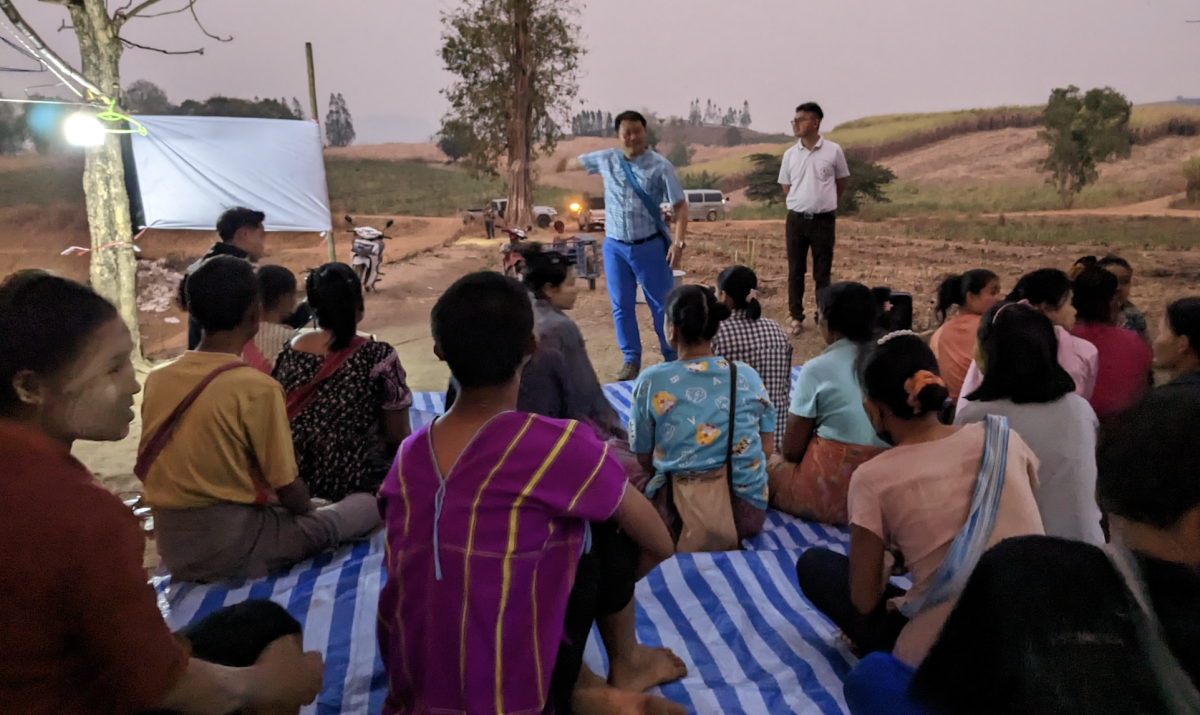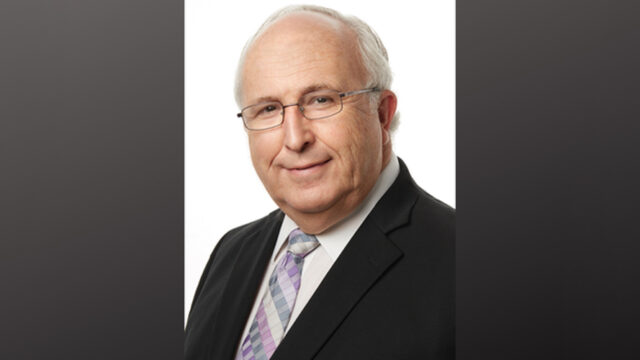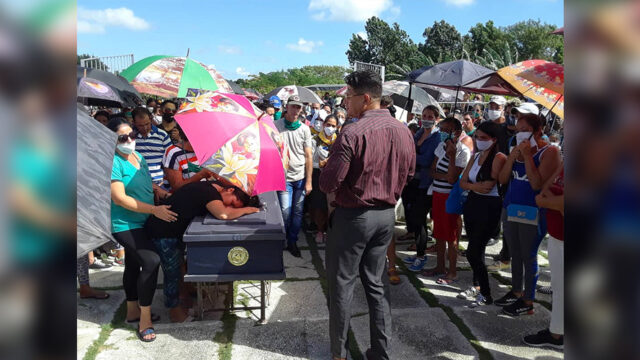Adventist leaders expect changes will help strengthen mission in hard-to-reach locations.

Leaders have recommended to form a new administrative office to serve the boundaries of Myanmar and Thailand. The goal is to support the Seventh-day Adventist Church’s mission refocus initiative. Leaders voted the initiative at the recent Southern Asia-Pacific Division (SSD) Midyear Executive Committee meetings, held May 2-3 at the Life Hope Impact Center in Silang, Cavite, Philippines.
The Southeastern Asia Union Mission in Thailand will oversee the Myanmar-Thailand Attached Region. The Myanmar-Thailand Attached Region seeks to minister to the expanding population between the borders of Myanmar and Thailand and to cater to the growing needs of families and individuals situated in this challenging area.
“The establishment of the new area is part of the church’s efforts to streamline its administrative structure and concentrate more on its purpose of gospel spread,” regional church leaders said. “The new region is supposed to help better organize the church’s efforts in these borders and discover strategies to further the mission in this location.”
The Thailand-Myanmar border area is considered a difficult location due to ongoing political unrest and widespread displacement. Thousands of people have been displaced because of border conflicts between the government and ethnic minority groups.
Many of the displaced families are not refugees and thus do not have access to healthcare, education, or legal protection, further complicating the situation. Many families are living in overcrowded, filthy conditions with little food, shelter, or water, resulting in a humanitarian calamity.
Given these difficulties, the Adventist Church is encouraged to establish a presence in the area to assist displaced families, church leaders explained. It seeks to deliver hope, consolation, and practical assistance to those in need while also spreading God’s love and compassion.
“The border mission of the church focuses on teaching and assisting conflict-displaced children and families,” they said. “This includes managing schools and education programs that help students continue their studies and gain life skills, as well as giving food, shelter, and medical treatment to those in need.”
Church leaders explained that by establishing a presence on the border, the Adventist Church hopes to work with local communities and NGOs to assist displaced families and the most vulnerable. “It alleviates suffering, promotes peace, and safeguards everyone’s fundamental human rights,” they said.
SSD president Roger Caderma agreed. “We believe that this move will enable greater mission unity, efficiency, and effectiveness, as well as more effective use of resources and personnel,” he said.
The establishment of the Myanmar-Thailand Attached Region is also considered a response to the region’s changing geopolitical situation, which has forced the church to reposition itself strategically.
“We live in a rapidly changing world, and we must be adaptable and flexible in order to fulfill our mission to the best of our ability,” Caderma said.
The decision to establish the new area was made following the advice of the Conference/Mission Status Survey Commission at their meeting on March 9.
“The Seventh-day Adventist Church has a long history of mission activity in Myanmar and Thailand,” regional church leaders said. “The establishment of the Myanmar-Thailand Attached Region is considered a step forward in strengthening the church’s presence and impact in the region.”
The original version of this story was posted on the Southern Asia-Pacific Division news site.








